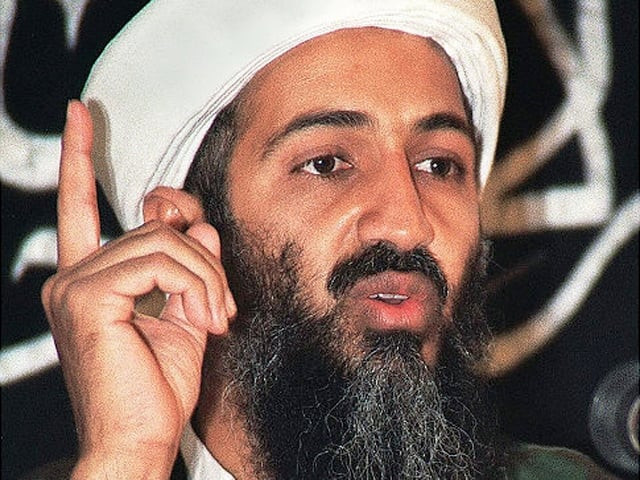Is al Qaeda under pressure?
Obama paints upbeat picture of how his government is performing against the terrorist threat of al Qaeda.

Credit was taken for American withdrawal from Iraq in deference to American public opinion in the wake of the earlier administration’s failure, although the government in Baghdad was not comfortable with being left alone with al Qaeda looming from its western and eastern borders, courtesy a Syria-Iran joint venture. The president was compelled to concede, however, that al Qaeda was still planning attacks there. As American troops withdraw, would it be correct to say that America is taking the fight to al Qaeda? His words were: “We have also taken the fight to al Qaeda and their allies abroad”.
In Afghanistan, in the view of most American analysts, the US and its allies have not achieved the victory against terrorism that they had hoped for. If you consider the rising public opinion against the war in the countries taking part in the Isaf-Nato enterprise in Afghanistan, the earlier the troops withdraw from Afghanistan the better. In other words, it would be difficult for Washington to keep its Nato allies in Afghanistan even during the run-up to the deadline of 2014, when the US will start leaving Afghanistan. Like the Iraqi government, Kabul is not happy about being left to its own devices after the exit. It doesn’t want to cohabit either with the Taliban or Pakistan’s ‘strategic depth’.
One can say that instead of giving credence to Mr Obama’s claim that he has taken the fight to al Qaeda, most states neighbouring Pakistan are convinced that America is actually running away from the battle. There are two categories in this group: those who want America to be defeated and those who had joined the war against al Qaeda and are now getting ready to bear the consequences of American demission. Pakistan is the front runner among these states. Islamabad will take President Obama’s assertion — that “thanks to our heroic troops and civilians, fewer Afghans are under the control of the insurgency” — with a pinch of salt.
A more relevant remark went like this: “In Pakistan, al Qaeda's leadership is under more pressure than at any point since 2001. Their leaders and operatives are being removed from the battlefield. Their safe-havens are shrinking.” It is not certain if al Qaeda can be brought under pressure in Pakistan without enhancing Pakistan’s capacity to fight the al Qaeda-directed jihadi organisations once patronised by the Pakistani state, the madrassa network aspiring to an ‘Islamic revolution’ and extremists who compel politicians and the media to propagate anti-Americanism even as Islamabad depends totally on the economic aid facilitated by the US.
Pakistan’s capacity to fight al Qaeda has been affected by a difference of objectives: the US wants to oust al Qaeda and uses drone attacks to get at its spreading tentacles in the tribal areas of Pakistan; the Pakistan Army wants to oust India from Afghanistan and is fighting the Taliban with one hand tied behind its back — that is — with the bulk of its force deployed on the border with India. Having failed to convince Pakistan to fight al Qaeda and its minions with full force, the US is said to have agreed to follow the line of action suggested by the Pakistan Army. If that is so, it will be incumbent on Pakistan to face up to al Qaeda after India has been ousted. Given the nature and intensity of Pakistan’s intra-state conflict, it is difficult to understand how the mere going away of America and India from Afghanistan will remove terrorism from Pakistan.
Published in The Express Tribune, January 28th, 2011.














COMMENTS
Comments are moderated and generally will be posted if they are on-topic and not abusive.
For more information, please see our Comments FAQ